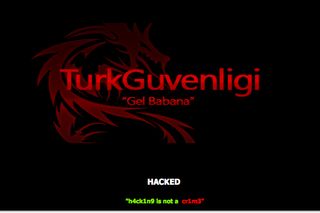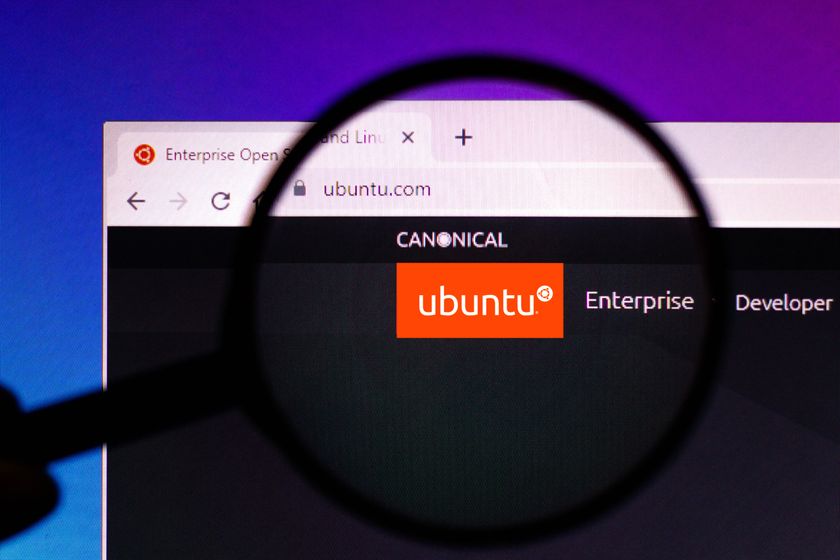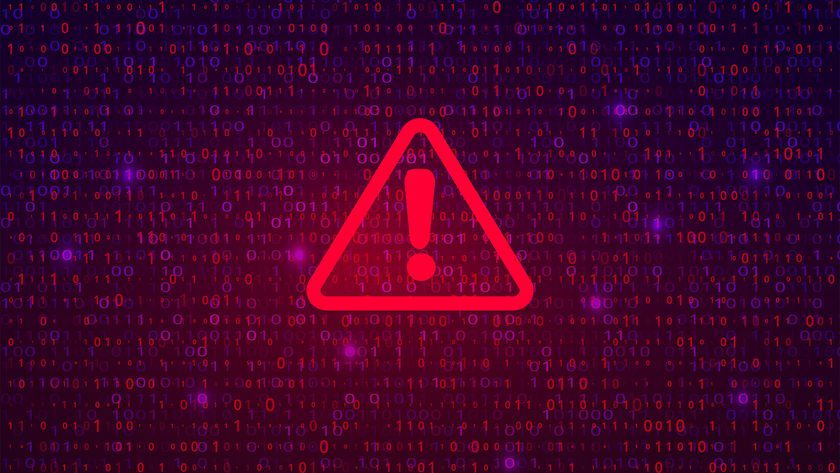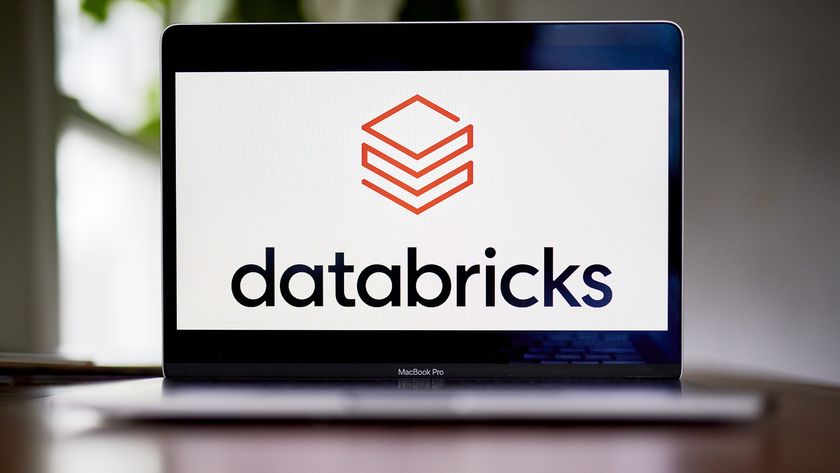Hackers deface The Register, Vodafone and more
Some Turkish web graffiti artists have hit a host of tech-related websites.
A group of Turkish hackers have claimed defacements on a host of tech-related websites, including the Register news website, Acer and Vodafone.
Yesterday evening UK time, the Daily Telegraph was also defaced, along with National Geographic and UPS websites, according to the hackers.
The claims appeared on the Zone-H.org the hack ranking website which IT Pro explored last year in a report on web graffit.

Currently, the Register website is still down, whilst the others appear to be up and running.
An update from the Register has been sent out, however. It claimed its service provider had not been in touch. Later it tweeted its DNS records had been "restored to normality."
"It's been a frustrating few hours. But we can tell you the Register's website was not breached," the publication said.
"And as far as we can tell there was no attempt to penetrate our systems. But we shut down access/services in other words, anything that requires a password as a precaution."
Get the ITPro. daily newsletter
Sign up today and you will receive a free copy of our Focus Report 2025 - the leading guidance on AI, cybersecurity and other IT challenges as per 700+ senior executives
Vodafone said it was looking into the situation as well.
"We're aware that DNS entries were altered for a large number of major corporate and media organisation websites - including vodafone.com - causing some web users to be redirected," a spokesperson said.
"We're investigating the matter. vodafone.com - does not contain any customer information and its content is not affected."
The hackers, known as Turkguvenligi, said they managed to change the DNS records for those sites by compromising Netnames.co.uk and Ascio. At the time of publication, neither Netnames.co.uk nor Ascio had replied for a request for comment.
"First we target site itself. if we can't find a vuln [vulnerability]. on the script of site we try accessing server or vps [virtual private server]. If none of them works we try domain company," the hackers told the Guardian.
"The hardest one is reaching the domain company but if you can succeed there will be a treasure for you."
Graham Cluley, senior technologist at Sophos, said problems for those affected by the hack could last for a significant period of time.
"Because of the way that DNS works, it may take some time for corrected DNS entries for the affected websites to propagate worldwide - meaning there could be problems for some hours ahead," Cluley said in a blog post.
"In many ways we have to be grateful that the message displayed appears to be graffiti, rather than an attempt to phish information from users or install malware."
Tom Brewster is currently an associate editor at Forbes and an award-winning journalist who covers cyber security, surveillance, and privacy. Starting his career at ITPro as a staff writer and working up to a senior staff writer role, Tom has been covering the tech industry for more than ten years and is considered one of the leading journalists in his specialism.
He is a proud alum of the University of Sheffield where he secured an undergraduate degree in English Literature before undertaking a certification from General Assembly in web development.
















